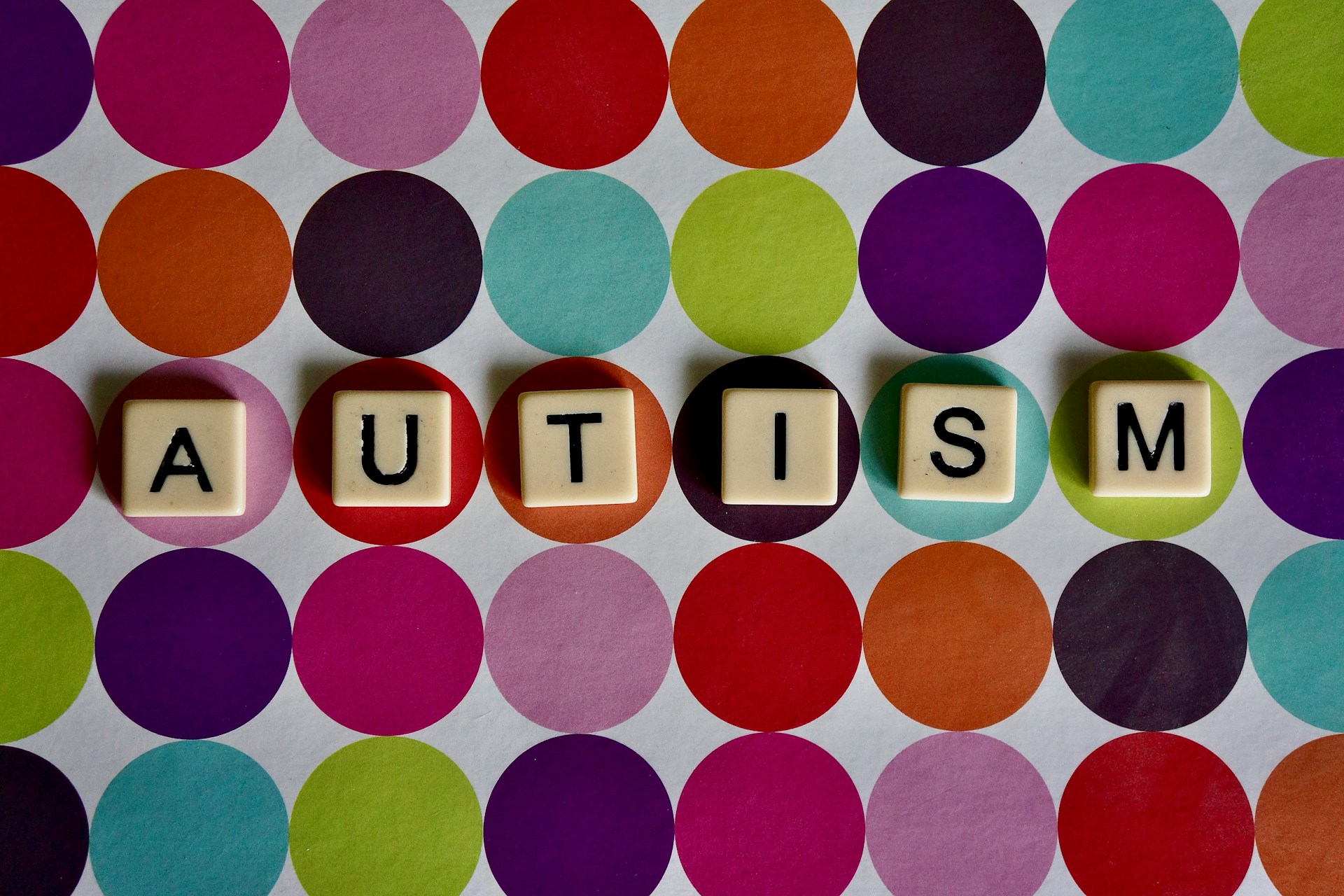Improving understanding of the role of NEUROG1 gene in autism
A large study in Indian children with autism identified NEUROG1 to play a role in causing autism spectrum disorder together with cranial dysinnervation syndrome.

It is estimated that upto 1 in 150 children worldwide are affected with autism spectrum disorder and genetics play role in 30% of the cases.
With more than 1,000 genes involved in normal development of the brain, studying the role of genetic mutations behind autism is challenging.
Team at Foundation for Research in Genetics and Endocrinology, whose work published in BMC Neurologyshows that genetic alterations in the NEUROG1 gene plays a major role in both cranial dysinnervation syndrome and autism spectrum disorder.
The team have found that mutations in this gene are inherited from parents in an autosomal recessive manner, which means there is 25% chance that each child in subsequent pregnancy is at risk of disease. Further, this was the first case reported from India and only the fourth case reported worldwide whereby this gene was found to be affected.
The breakthrough in understanding the underlying cause of both hearing loss due to cranial dysinnervation and autism spectrum disorder offers glimpse in to the complex biologial pathways which operate during neurogenesis in the brain.
The team was led by Dr. Harsh Sheth, Dr. Jayesh Sheth and Dr. Frenny Sheth at Foundation for Research in Genetics and Endocrinology which used in-house developed computational algorithms to detect the causative genetic mutation and study its effect on gene function.
This family is part of India’s first systematic assessment of the genetic architecture of autism spectrum disorder which was led by Dr. Harsh Sheth, Dr. Frenny Sheth and Dr. Deepika Jain. Scientists and clinicians collected and studied DNA from a cohort of 101 children with autism spectrum disorder and their parents. The outcome of the entire study is published in BMC Neurology journal.
With this new discovery, a new gene-disease relationship has been entered on the Online Mendelian Inheritance in Men database as Cranial dysinnervation disorder, congenital, with absent corneal reflex and developmental delay (OMIM#620469).
With improved genetic diagnosis, clinical teams could better understand why some children have autism spectrum disorder, improve counselling for couples, and discuss therapeutic strategies.
Moving forwards, the scientists want to expand their work by studying complex genetic alterations called as structural variants using Oxford Nanopore based long read whole genome sequencing.